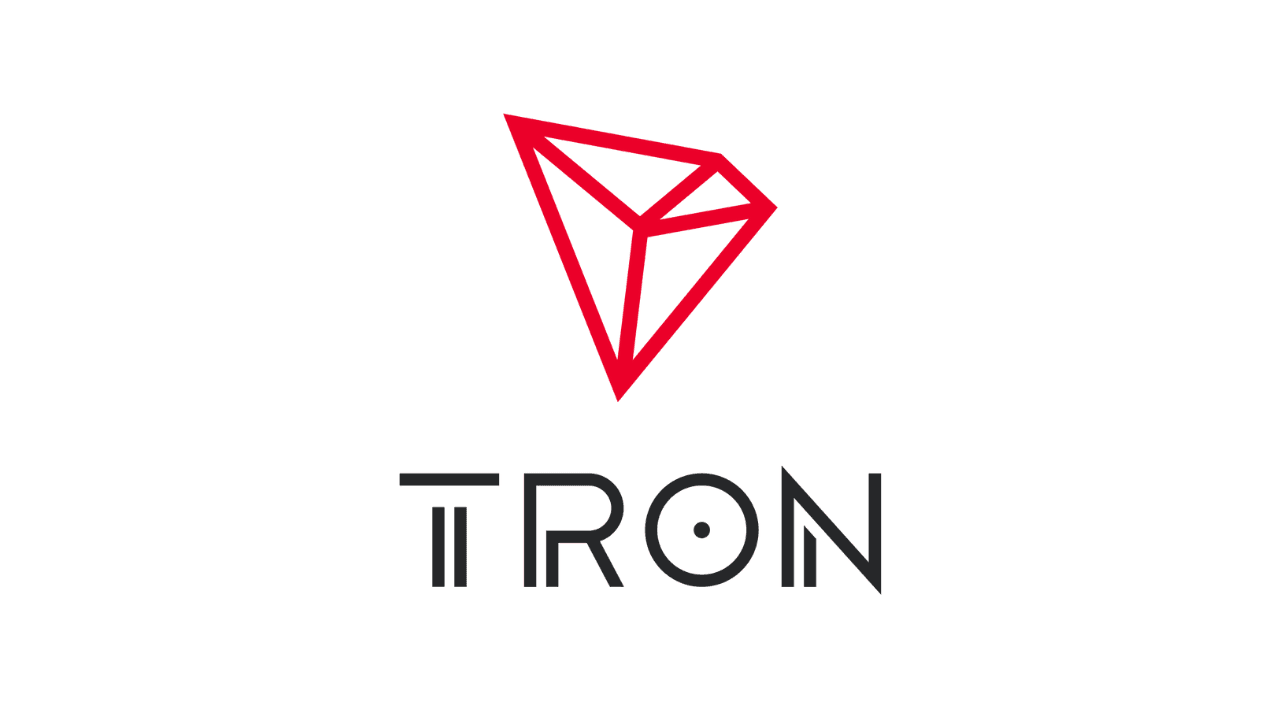
Stocks and exchange-traded funds (ETFs) are two of the most significant investment products sought by worldwide investors. While both of these financial entities incorporate several common characteristics, a number of factors also differentiate them from one another. Ergo, for many investors, especially beginners, choosing between stocks and ETFs can get quite overwhelming.
In this article, we have explored the ETFs vs. stocks debate to help you better understand these investment vehicles and how they differ from each other.
Table of Contents
ToggleWhat is a stock?
A stock is a financial security that indicates the ownership of a portion of a company or corporation. Most stocks are traded on a public exchange where their prices continuously fluctuate relative to their company’s growth and market sentiments.
By buying stock shares, you acquire fractional ownership of the issuing institution. In case the company where you invested thrives and registers a good revenue, the value of your stock will rise. On the hand, if the company performs badly, you will lose your money, corresponding to the falling value of its stock.
Moreover, some companies also offer dividend payments, i.e., a percentage of profits, to their shareholders. Through investing in such companies, you can get entitled to a segment of their profitable earnings in addition to your fundamental stock investment.
What is an exchange-traded fund (ETF)?
An exchange-traded fund is a basket of securities, usually containing dozens or hundreds of stocks. When you buy an ETF, you capitalize on all the assets included in that fund. Hence, ETFs provide a simple and easy way to attain a collection of different stocks via a single investment channel.
Technically, ETFs are passively managed funds that mirror the activity of an underlying index, such as US30, a price-weighted index consisting of 30 major US companies. However, there are some actively managed funds as well that strive to outperform the underlying indices.
Generally, each ETF targets a specific category of stocks. For instance, some ETFs include only companies with large market capitalization, while others focus on only small companies. Similarly, most ETFs incorporate stocks of one particular industry, like technology, finance, or healthcare.
What are the differences between ETFs and stocks?
A number of differences separate ETFs and stocks from each other. Here are some key diverging factors in the ETFs vs. stocks debate:
Diversification:
ETFs are widely known for their diversification as they include a large number of holdings. This dispersion of investment is specifically useful in balancing the effects of positive and negative market swings.
On the other hand, stocks do not provide any diversification due to their singular origin. Though you may manually aim for diversification by gathering stocks of different sectors, it is relatively difficult compared to investing in an already-operational ETF.
To summarize, an ETF gathers investment earnings from various assets, whereas a stock only delivers returns accrued from its one issuing company.
Volatility and potential:
Individual stocks mostly display high volatility as they are dependent on a single company’s growth and proceedings. Therefore, stocks are believed to have high upside potential in the short term. However, things may vary relative to diverse statistics and the market standing of different stocks.
Contrarily, ETFs tend to be less volatile than stocks as they passively duplicate the performance of an index. It can be said that ETFs progress less buoyantly than stocks but generate a more stable income stream over a long duration.
Risks:
Financial markets always involve a degree of risk as various factors, like economic conditions, volatility, or interest rates, can impact the market direction. In this regard, ETFs are slightly less risky than stocks as they diversify the risk amongst multiple assets present in the fund.
Anyhow, note that some highly specified ETFs, such as ‘one-industry focused’ funds, integrate almost the same risks as stocks because all the holdings are congregated from one sector.
What are some key similarities between ETFs and stocks?
ETFs and stocks are not entirely different from each other as they bear several similarities as well. Both of these financial products are traded on stock exchanges with high liquidity and transparent prices where investors can instantly buy or sell them.
Moreover, most brokerage platforms now support stocks and ETFs trading with zero fees or commissions. Also, investors have tax liabilities on capital gains accrued from both stocks and ETFs.
ETFs vs. Stocks – Which one is right for you?
Various factors and scenarios define whether you should invest in stocks or ETFs. Have a look at the following conditions to decide which investment vehicle is most suited to your disposition and financial goals.
Stocks can be right for you if:
- You have the ability to proficiently analyze and research individual companies. Picking good stocks requires a significant understanding of each relevant company in order to efficiently estimate their upside potential.
- You want to outperform the market by specifically investing in futuristic and technologically advanced companies.
- You prefer active investing and have the time to fervently follow separate projects.
ETFs can be right for you if:
- You are a beginner with limited expertise. ETFs are a suitable product for new investors as they get familiar with the investing complexities and industry landscape. Many professional investors also go for ETFs due to their inherent advantages, such as diversification and broadened exposure to multiple securities.
- You are going for a long-term investment. ETFs minimize the overall risk in the long run as they passively follow an index.
- You favor a hands-off investing approach. ETFs are a great way to dip your toes in investing even with limited time and minimal regular engagement.
- You want to invest in an emerging sector. ETFs offer good opportunities to invest in developing sectors with high potential where there is no accurate way of knowing the top-level companies.
Bottom line
While neither stocks nor ETFs are entirely free of risk, you can always try to mitigate the uncertainties by adopting a tactful investing strategy. When done right, stocks offer a high potential to outperform ETFs. On the other hand, ETFs have mostly been deemed suitable for all kinds of investors thanks to their risk-adjusted design. To avoid confusion, you can also draft an intermingled portfolio with promising stocks as well as ETFs to enjoy the advantages of both asset classes. Just remember to weigh both investing instruments’ pros and cons when compiling your portfolio. Ultimately, the final decision depends on your personal investing attitude and financial objectives.
Read more:
http://thetradingbay.com/best-penny-stocks-to-buy-in-2022/
http://thetradingbay.com/etfs-vs-mutual-funds-which-one-is-better/













